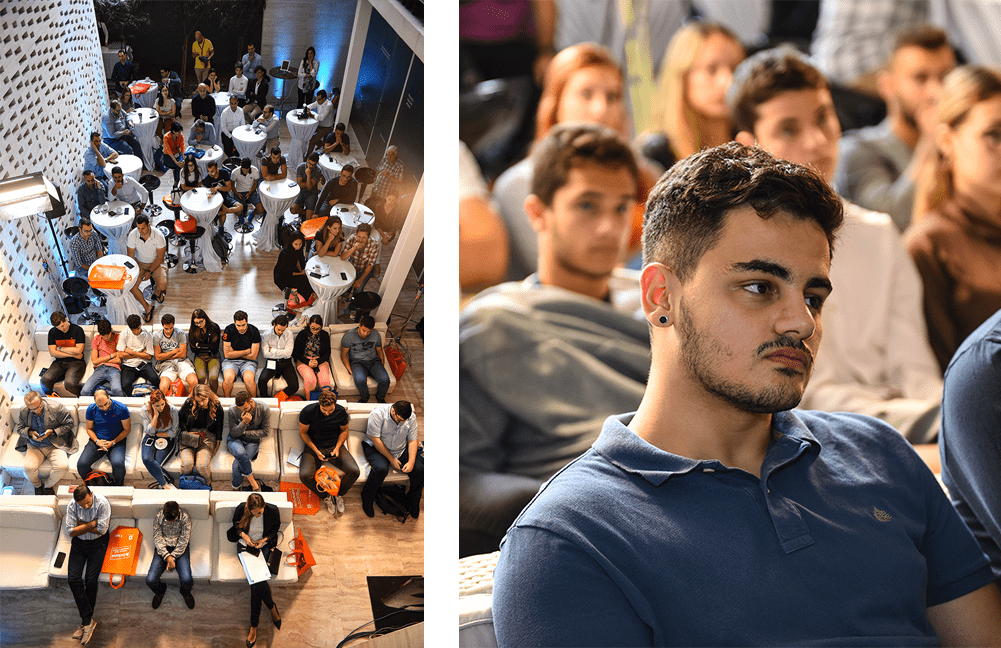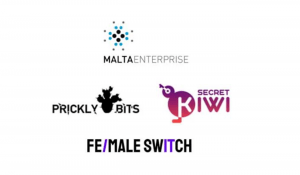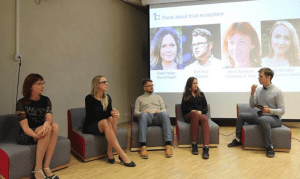03.
Based on your experience, what advice/tips would you give to entrepreneurs looking to raise capital for the first time?
Raising capital is probably the most time-consuming activity for any entrepreneur; certainly, it is one which requires a lot of persistence and determination. Entrepreneurs should avoid giving away equity unless they really have to, so my first comment would be to ensure that you’re making the most of non-dilutive grants before seeking equity investment. It might also be worth thinking about crowdfunding and ‘alternative finance’ mechanisms:- especially if you’re developing B2C products, crowdfunding can help generate publicity and also allow for some iteration of your product with sympathetic early adopters. In addition, some types of crowdfunding may also allow you to raise working capital without giving up equity.
If you are looking for venture capital, it helps to establish relationships with potential investors quite early, so that you are on their radar. Also be aware that VCs talk to each other, even whilst they are competing for deal-flow, so don’t burn your bridges or bad-mouth one investor to another! Do undertake your research, however: check their investment criteria and what they’re like to work with. It is also important to think about the right size of funding round: raise too little, and you’ll need to start again almost as soon as you close the first round; but raise too much and you may find investors pushing you faster than you want, as well as making future rounds much more difficult for yourself (since investors expect an uplift in valuation each round, and it may be more difficult to demonstrate growth in valuation from the previous round).
Finally, think about corporate VCs as well as institutional ones: most corporate investments do not result in acquisition (the prospect of which sometimes deters entrepreneurs) and there is evidence that corporate VCs can bring helpful market insight and connections, as well as making it easier for you to internationalise.









